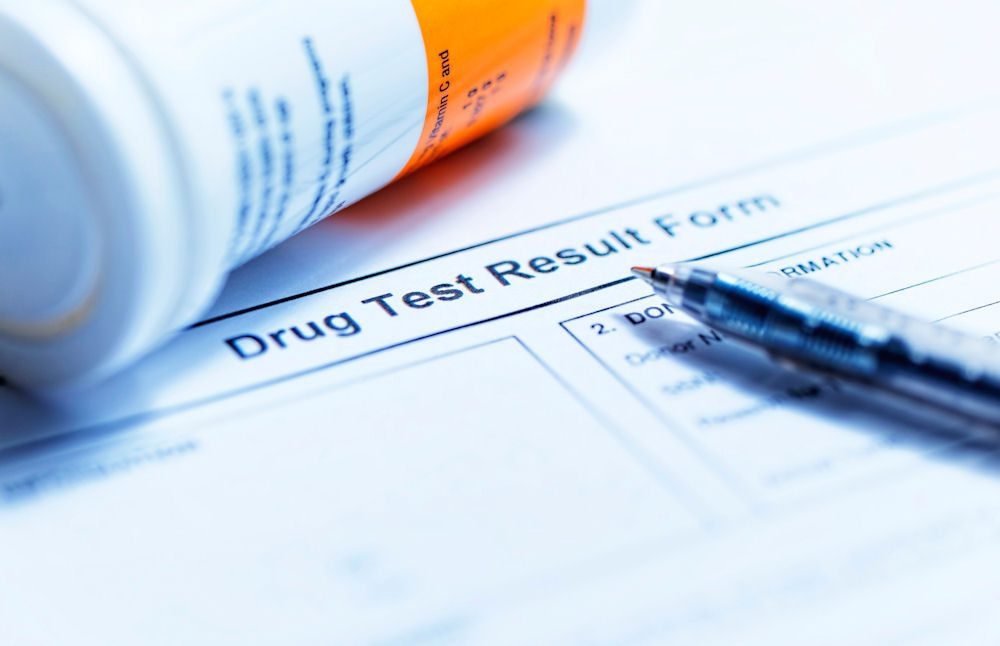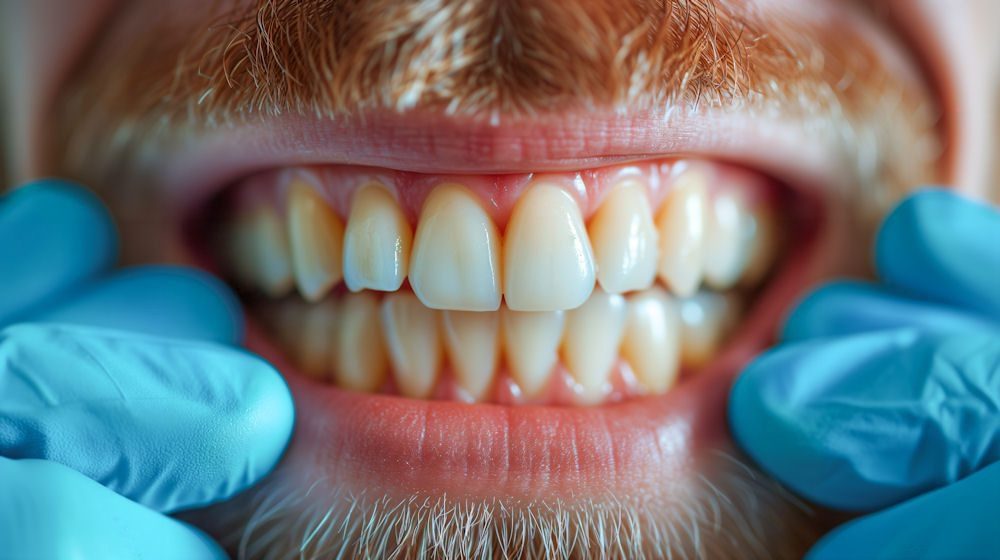Trauma Therapy Program


For many survivors of trauma, the same is true. In fact, trauma and addiction are often closely linked. According to a study published in a National Library of Medicine journal, up to 59% of young adults needs treatment for post-traumatic stress disorder (PTSD) also have a co-occurring substance use disorder. This is a significant percentage, especially when trauma is taken into account as a possible factor for developing an addiction.
In addition to care, trauma-informed treatment acknowledges the strong correlation between trauma and addiction recovery. At Northern Illinois Recovery Center, trauma therapy is an integral part of our addiction treatment program. Our trauma therapists are experienced in helping individuals identify and process trauma so they can start to heal the underlying wounds that contribute to their addictive behaviors.
Jump to Section
The Need for Trauma and Addiction Treatment
When someone experiences trauma, physical and emotional safety is violated. The trauma can be caused by a single event, like a car accident, or it can be the result of chronic exposure to difficult circumstances, like living in a war zone. When trauma happens, it can change the way someone feels about themselves and the world around them. To minimize the emotional distress, and physical pain they feel, survivors may turn to substances. Other reasons people with trauma or PTSD may use substances include the following:
- Self-medication to numb painful feelings
- In order to relax or go to sleep at night
- The prevention of nightmares associated with their trauma
- Coping with physical pain caused by trauma
- Stopping flashbacks and dissociation
- In order to feel pleasure or euphoria
- Out of peer pressure or to socialize with other people easier
- Because family members used drugs or drank alcohol growing up
- To commit “slow suicide” a process of slowly ending ones life
Substance use usually works in the short term for survivors of trauma. In order to deal with trauma, coping mechanisms are needed. However, the relief felt turns into its own problem to undo as an individual becomes dependent on the substance that once provided comfort. As a coping mechanism, substance use is largely maladaptive and cannot replace healthier types of coping.
When it comes to trauma and addiction treatment, programs must focus on healing the damage done to the brain and body by both the initial trauma and the effects of substance abuse. In fact, trauma and addiction can be considered to be dual diagnoses as both come with their own host of symptoms and neurobiological changes. A trauma and addiction treatment program require a multidisciplinary approach that includes detoxification, individual and group therapy, trauma-informed care, and aftercare planning.
What is Post Traumatic Stress Disorder (PTSD)?


Not everyone who experiences trauma goes on to develop PTSD. Instead, the presence of this disorder indicates that the person has struggled to process and recover from the trauma. As a result, they may experience a range of symptoms that make it difficult to go about their everyday life. PTSD symptoms can be divided into four main categories:
- Re-experiencing the trauma through flashbacks or nightmares.
- Avoidance of anything that reminds them of the trauma.
- Negative changes in mood and thoughts, such as feeling detached or hopeless.
- Feeling constantly on edge, also known as hyperarousal.
People with PTSD may turn to substances as a way of coping with their trauma. This is known as self-medicating. Some people do this because they want to numb their emotions and escape from their trauma. Others may do it because they want to improve their mood or cope with anxiety. However, using substances as a way of coping can lead to addiction, which in turn can make conditions like PTSD worse.
Examining The Relationship Between PTSD and Addiction


Epidemiological data collected by the National Library of Medicine indicates that up to 30% of the United States population will experience a substance use disorder during their lifetime, and 8% of the population will experience PTSD. Among people with PTSD, around 40% also have a co-occurring substance use disorder. Concerningly, these individuals experience a heightened risk of developing other psychiatric problems such as depression, anxiety, and suicidal ideation. Additionally, people with PTSD and addiction also face neuropsychological impairment, increased morbidity and mortality, and unemployment at higher rates.
Fortunately, interventions for both conditions exist and are highly effective. This includes both exposure-based therapy and non-exposure-based psychotherapies. With the right combination of therapy for trauma and addiction treatment, individuals can begin to heal the wounds of the past and live a fulfilling life in recovery.
What is Trauma Therapy?


There are a number of different types of trauma therapy, but they all aim to help people process their trauma and learn healthy coping mechanisms. the following therapies are commonly used to treat trauma-related issues during addiction treatment:
- Exposure therapy: This type of therapy helps people face their trauma head-on. During exposure therapy, people will often talk about their trauma in detail, as well as participate in activities that help them confront their fears.
- Cognitive processing therapy (CPT): This type of therapy helps people to understand and change the thoughts and beliefs that are associated with their trauma.
- Eye movement desensitization and reprocessing (EMDR): This type of therapy uses a combination of eye movements, sounds, or taps to help people process their trauma.
- Trauma-focused cognitive behavioral therapy (TF-CBT): This type of therapy helps people to change the way they think and feel about their trauma.
All of these therapies can be helpful in treating trauma, but during trauma and addiction treatment, it is important to engage in a range of therapies to address other contributing factors to your addiction. Addiction also causes many cognitive and behavioral changes that traditional addiction therapies address. Therefore, trauma and addiction treatment should be comprehensive and address both trauma and addiction. Other therapies that people in trauma and addiction treatment will participate in include the following:
- Individual therapy: Individual therapy for trauma and addiction can provide a safe space for people to talk about their experiences. It can help them to understand their trauma and develop healthy coping mechanisms.
- Group therapy: Group therapy can be helpful for people who have experienced trauma because it allows them to share their experiences with others who have been through similar things. It can also provide support and validation.
- Cognitive behavioral therapy (CBT): During trauma and addiction treatment, CBT can help people identify and change negative thinking patterns and behaviors.
- Dialectical behavioral therapy (DBT): DBT is an effective trauma therapy that can help people learn how to cope with difficult emotions.
The need for therapy comes from the fact that trauma changes the way a person sees the world and themselves. It’s not just an event that happened in the past—it’s a present reality that can shape how a person thinks, feels, and behaves. While the trauma itself has ended, the effects can last a lifetime. With proper treatment, however, people can heal the wounds of trauma and learn to live fuller, healthier lives.
Trauma Therapy and Addiction Recovery with Northern Illinois Recovery Center
Trauma therapy during addiction treatment addresses the initial event or events that caused the trauma while helping the individual abstain from substances and develop healthy coping mechanisms. At Northern Illinois Recovery Center, we understand that trauma is a major factor in addiction and recovery. We offer trauma-informed care to help our clients heal the wounds of trauma and addiction.
If you are struggling to manage the symptoms of PTSD and addiction, we provide multiple levels of care from detox to outpatient care. Through trauma-informed care and therapies, our goal is to help you develop healthy coping mechanisms and abstain from substances.
Call us at Northern Illinois Recovery Center today to speak with one of our admissions specialists about our trauma and addiction treatment programs. We are here to help you heal the wounds of trauma and addiction, contact us today.


Licensed Physician and Surgeon
Dr. Beth Dunlap, a board-certified addiction medicine and family medicine physician, and is the medical director at Northern Illinois Recovery Center. She is responsible for overseeing all the integrated medical services at both campuses. Beth completed medical school, residency, and fellowship at Northwestern University, where she continues to serve on the faculty as a member of the Department of Family and Community Medicine. She has extensive experience in addiction medicine at all levels of care, and her clinical interests include integrated primary care and addiction medicine, harm reduction, and medication-assisted treatment.













